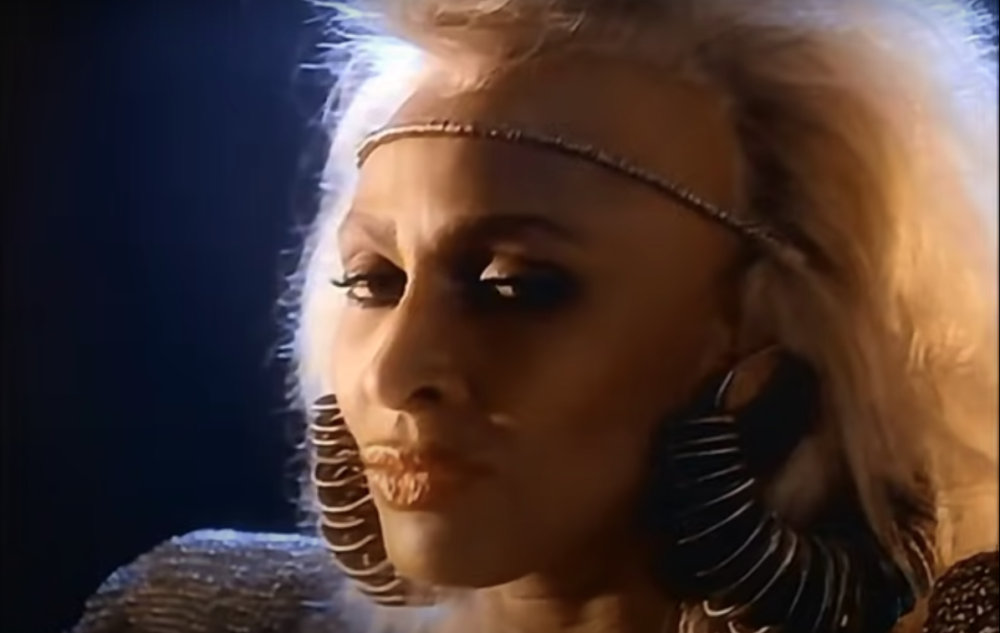Stories are powerful. They can enlighten, soothe, inspire, celebrate – and they can also justify, incite, and obfuscate.
It’s January 6 as I write this, exactly one year after a mob attacked the US Capitol to protest the verified and re-verified results of a democratic election. Yet for many in this country, the facts about the election are less compelling than the story that feeds their fear and anger: the longing for a Hero who will break the rules, run the bad guys out of town, and give them back what they think was taken from them. The story of the Lone Hero is baked into American culture and appears in half the movies out of Hollywood, so there’s an empty pair of cowboy boots, deep in the American psyche, waiting for the megalomaniac who’s ready to step into them.
But I’m not really interested in talking about an ex-president gone rogue. I’m interested in our longing for the kind of story that makes his rise to power possible.
What makes a story, anyway? Novelist John Gardner declared that there are only two possible plot structures for a story: a man (it’s always a man) goes on a journey, or a stranger comes to town. Again, the loner, whether he’s coming or going. Journalist Deborah Sontag followed up on Gardner’s assertion: “Since women, for so many years, were denied the journey, we were left with only one plot in our lives — to await the stranger.”
All of that seems pretty bleak, if perhaps true to what too many publishers, movie producers, and writing teachers have assumed for decades. But where do we find the story structures that acknowledge the profoundly interdependent nature of reality?
There are few Lone Heroes in the natural world, because nature is a web of communities that rely on each other, from the millions of species that constellate a coral reef, to the superintelligence of mycorrhizal fungi
Of course we can impose that old Loner story on what we observe, whether in nature or our political system or even in the stories we tell ourselves about our own experiences. But none of it makes much sense in the interdependent reality that physicists and biologists alike have described to us.
I’m not saying we don’t need individuals to step up and do the work. But the real “heroes” invariably say they couldn’t have done it alone, or that anyone else would have done the same. So why do we prefer the story that says you have to do it alone, and that only one in a million can make a difference, while the rest of us have to wait for the stranger to come to town?
In future meanders this year, I’ll be exploring various ways we humans tell our stories to each other and to ourselves, how the structures of our cultural, political, artistic and individual narratives interact – and why it matters.
For today, I just want to suggest that you entertain the idea that the stories of your life, your society, and your world could have as much variety and beauty as a coral reef, and as much magic and transformation as the mycelium network that feeds, births, and becomes a forest.

